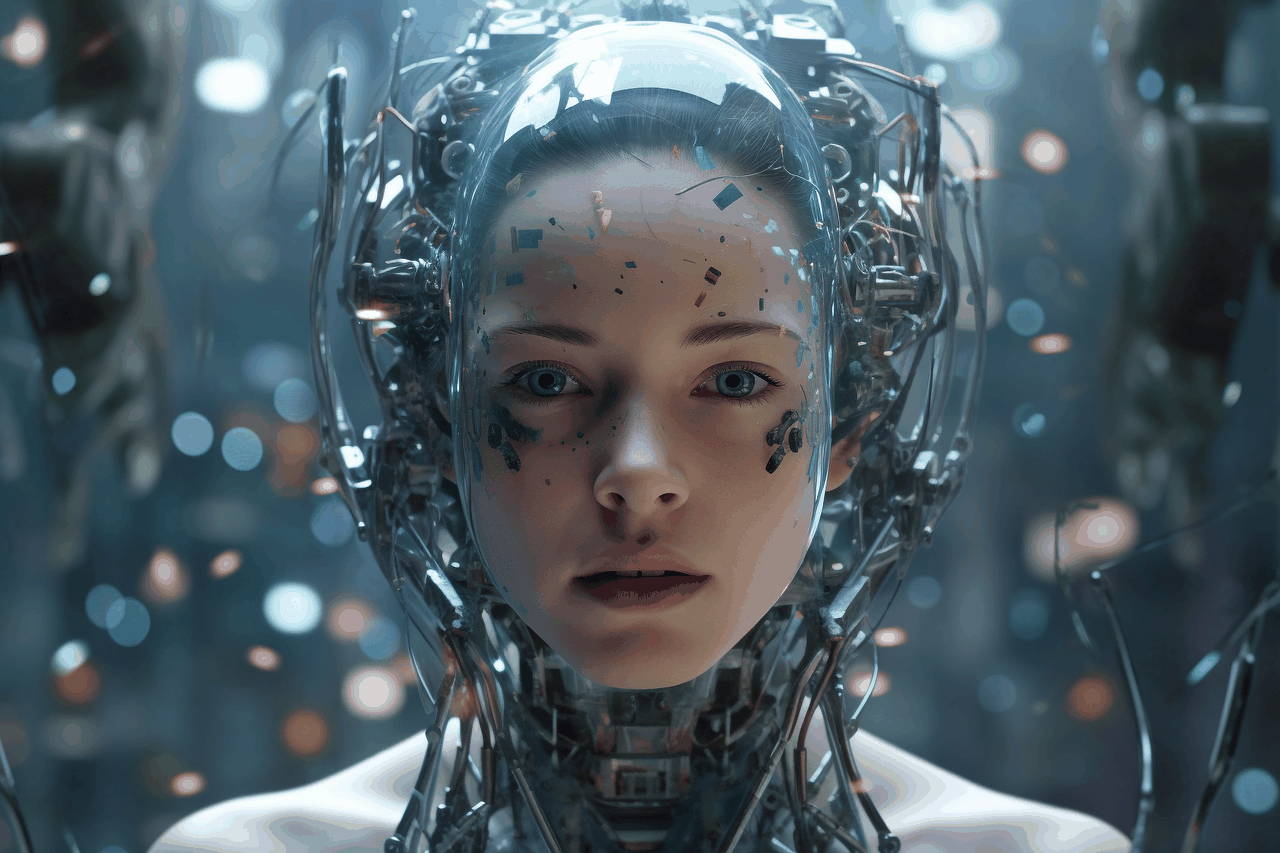Artificial intelligence (AI), machine learning, robotics, and automation have become integral components of our rapidly evolving technological landscape. The advancements in these fields have sparked widespread interest and are reshaping various aspects of our lives, including the job market. Let's explores the profound impact of AI and automation on technology, society, and the changing nature of work.
Technological Advancements:
AI and machine learning have made significant strides in recent years. These technologies enable machines to learn from data, make predictions, and perform complex tasks traditionally requiring human intelligence. With the increasing availability of big data and improvements in computing power, AI algorithms have become more sophisticated, enabling breakthroughs in areas such as natural language processing, computer vision, and autonomous systems.

Robotics and automation complement AI by providing physical manifestations of intelligence. Robots are now capable of performing intricate tasks with precision and efficiency. Automation, through the use of robots and smart systems, has revolutionized industries like manufacturing, logistics, and agriculture. Automation streamlines processes, enhances productivity, and reduces costs.
Impact on the Job Market:
The rise of AI and automation has created a sense of uncertainty in the job market. While these technologies offer immense benefits, they also raise concerns about potential job displacement and the changing nature of work.
-
-
Job Displacement: The automation of repetitive and routine tasks has the potential to replace certain jobs. Industries heavily reliant on manual labor, such as manufacturing and transportation, have witnessed significant automation-driven transformations. As machines and robots become more capable, some low-skilled and routine jobs may be at risk. However, it's important to note that automation also creates new jobs and increases productivity, leading to economic growth.
-
Augmentation of Work: Rather than replacing humans, AI and automation have the potential to augment human capabilities. In sectors like healthcare, AI systems assist doctors in diagnosis and treatment planning, leading to improved patient outcomes. Similarly, in customer service, chatbots and virtual assistants provide quick and accurate responses, enhancing the customer experience. By automating mundane tasks, individuals can focus on higher-value work that requires creativity, critical thinking, and emotional intelligence.
-
Demand for New Skills: The emergence of AI and automation has given rise to a demand for new skill sets. As technology evolves, there is a growing need for individuals proficient in AI programming, data analysis, and system integration. The job market is adapting to this shift, emphasizing the importance of lifelong learning and upskilling. Governments, educational institutions, and organizations must prioritize training programs to equip workers with the necessary skills for the digital age.
-
Job Creation and Economic Growth: While certain jobs may be automated, new opportunities emerge as technology advances. AI and automation create a demand for skilled professionals to develop, implement, and maintain these technologies. Additionally, new industries and job roles are emerging, such as AI ethics experts, data scientists, and automation consultants. As businesses adopt AI and automation, they become more competitive, leading to economic growth and job creation in related fields.
-
Societal Implications:
The integration of AI and automation into society raises important social and ethical considerations.
-
-
Ethical Challenges: AI systems are only as unbiased as the data they are trained on, leading to concerns of algorithmic bias and discrimination. Additionally, the ethical use of AI in areas such as privacy, surveillance, and autonomous weapons requires careful regulation and oversight. Society must address these challenges to ensure AI and automation are deployed responsibly and ethically.
-
Impact on Work-Life Balance: The increased efficiency and productivity offered by AI and automation have the potential to reshape work-life balance. On one hand, automation can reduce work hours and improve quality of life. On the other hand, it may lead to an "always-on" culture, blurring the boundaries between work and personal life. Striking a balance between work and leisure becomes crucial in this technologically-driven era.
-

The advancements in AI, machine learning, robotics, and automation have ushered in a new era of technological possibilities. While they bring numerous benefits, these technologies also present challenges to the job market and society at large. The displacement of certain jobs and the need for new skills require proactive measures to ensure a smooth transition and to equip individuals for the future workforce. Responsible deployment of AI and automation, backed by ethical considerations, is necessary to maximize their potential benefits while minimizing potential harms. By embracing these technological advancements thoughtfully, we can navigate the evolving landscape of work, foster economic growth, and shape a society that harnesses the power of AI and automation for the greater good.



You must be logged in to post a comment.